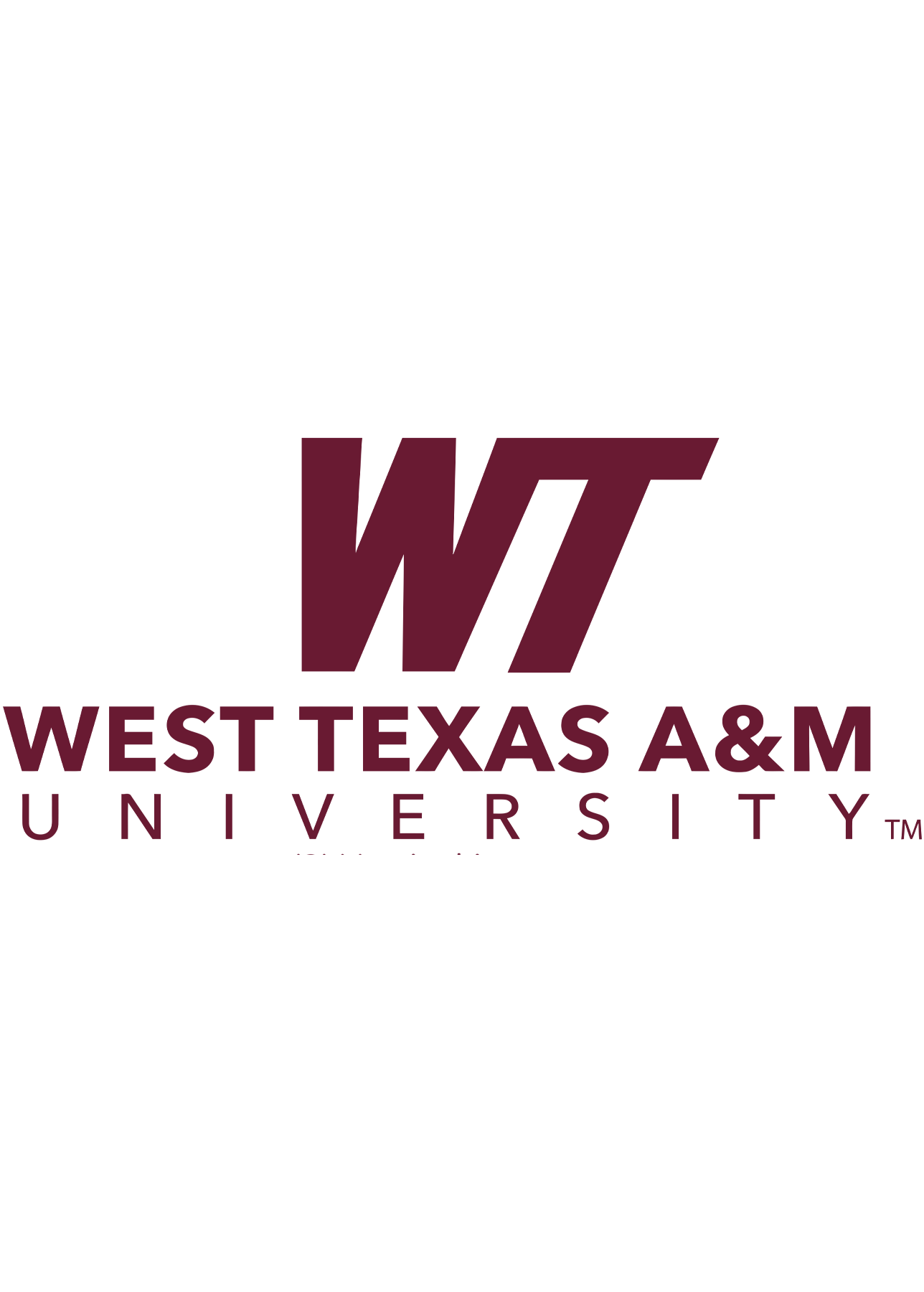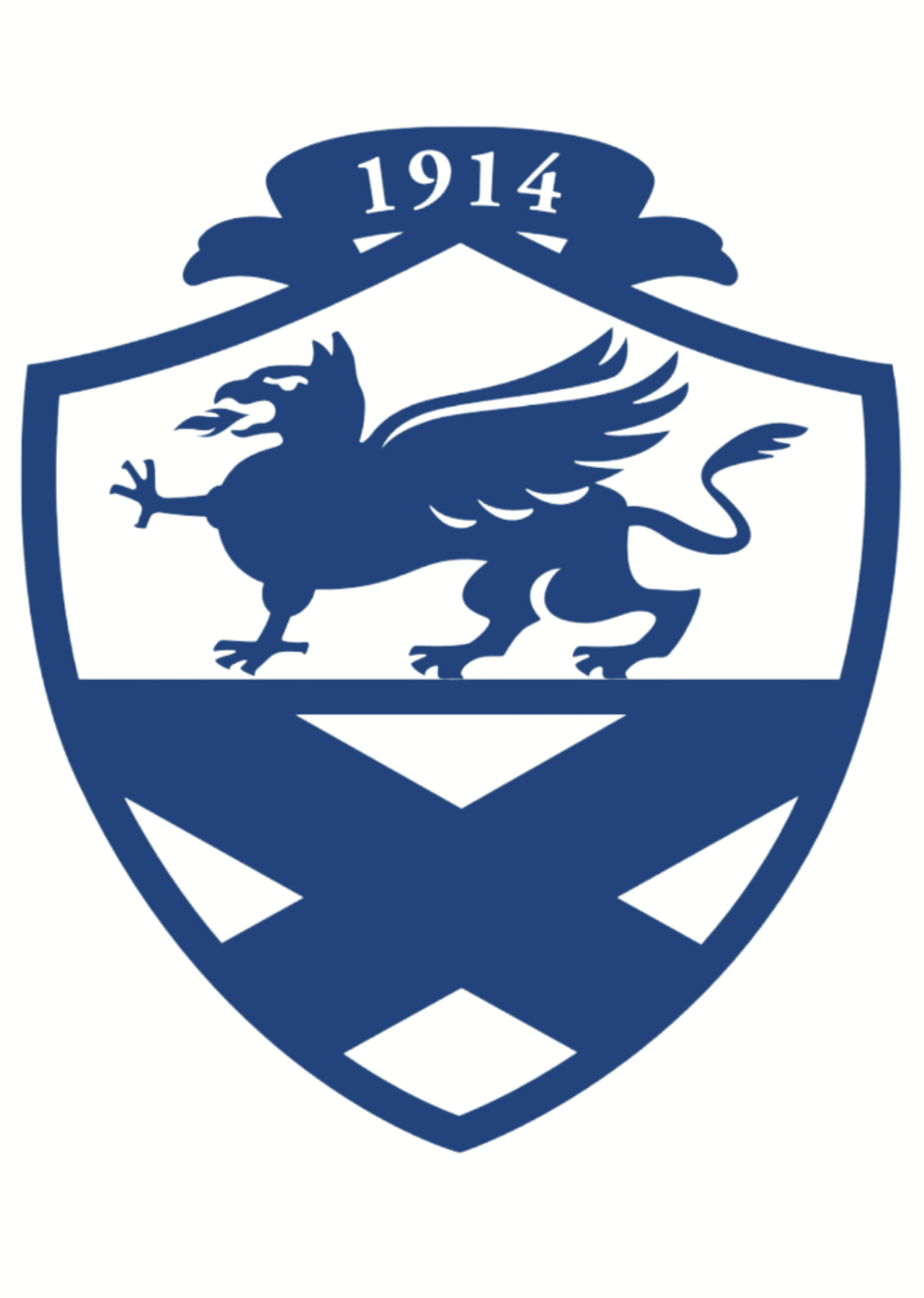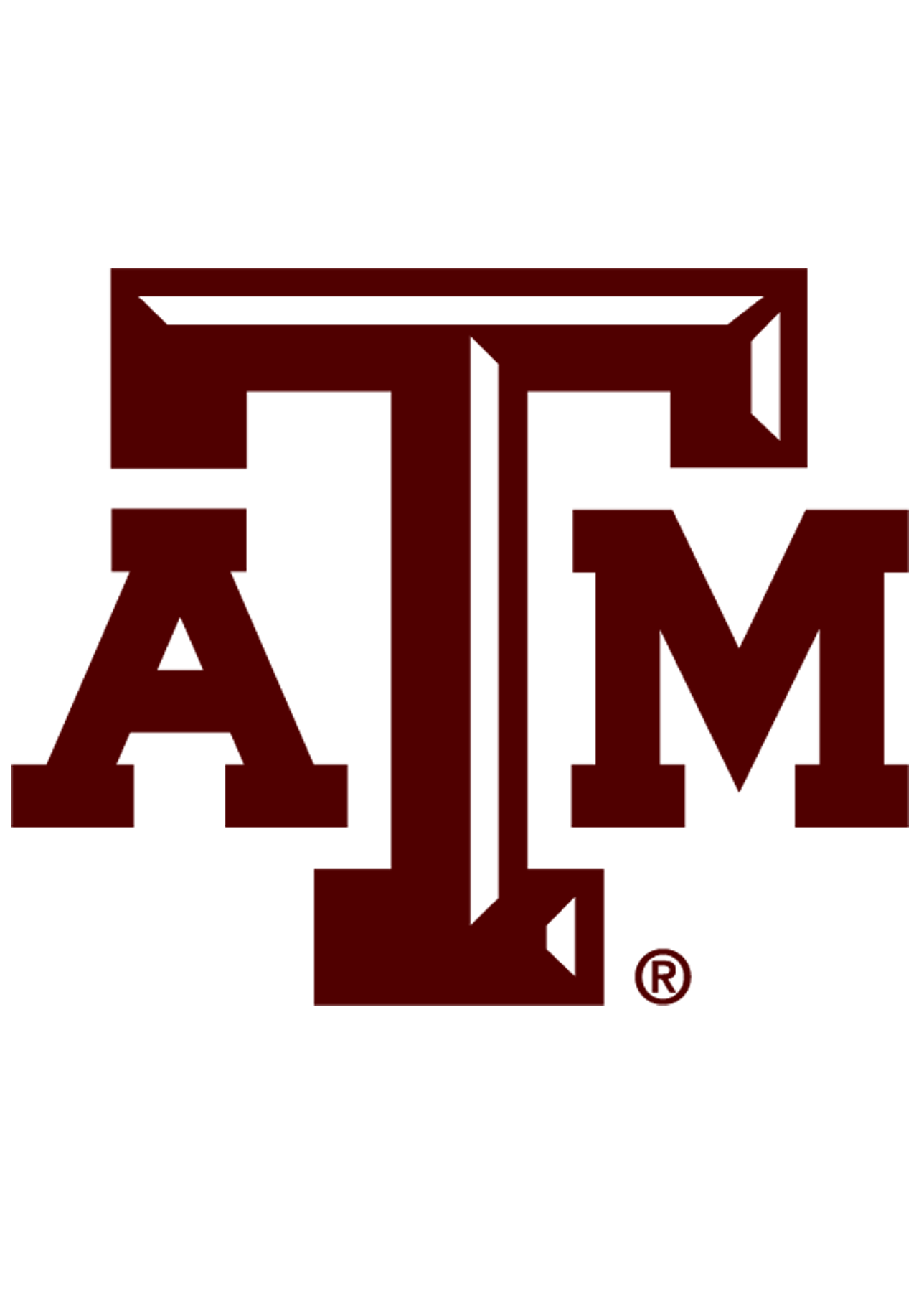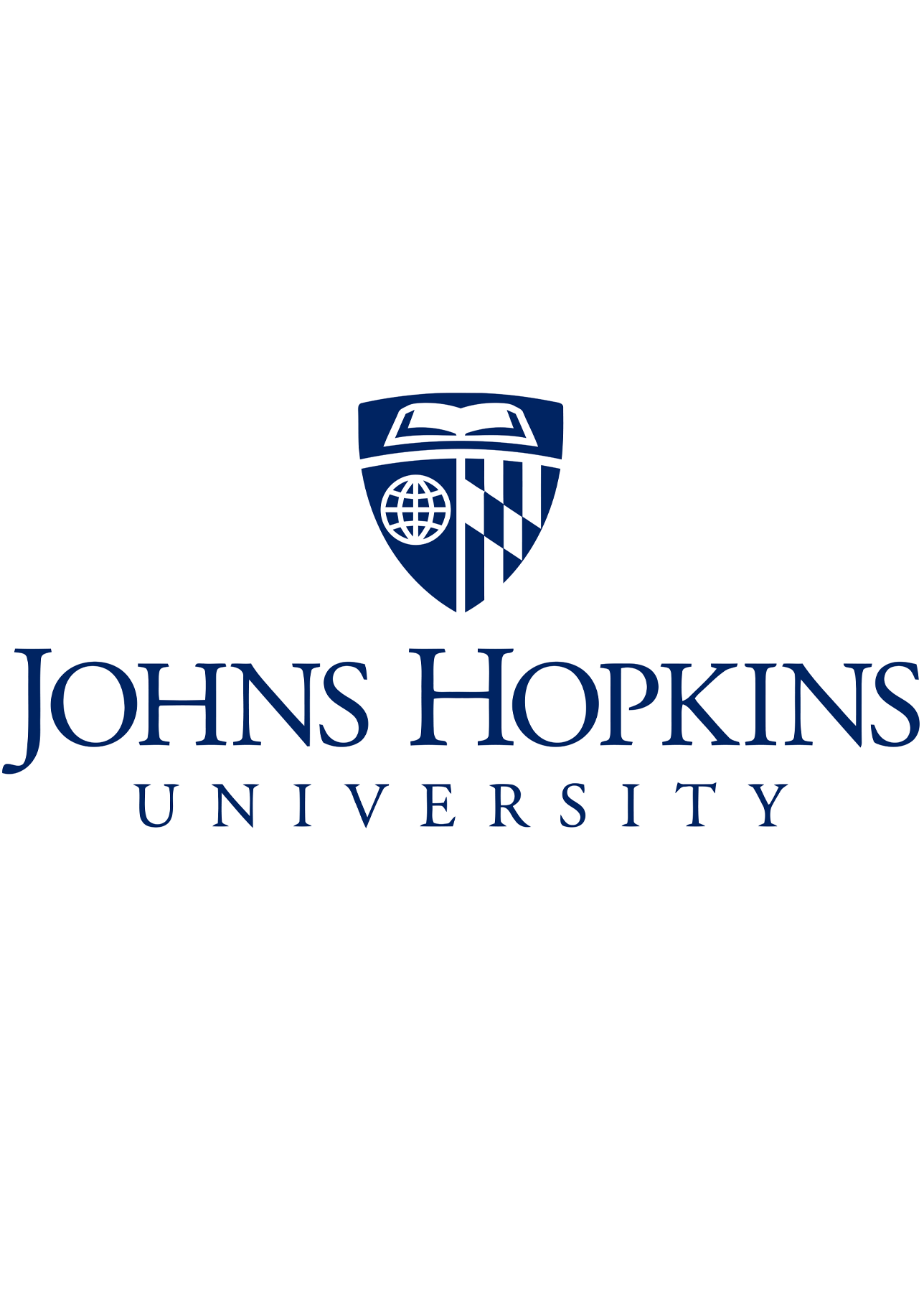An online master’s in finance can help students further their knowledge of financial theories and practices while better preparing them for senior-level positions within finance. One reason for this is that graduate coursework prepares students for essential certifications that help to provide additional career opportunities. And since the degree typically requires completion of 30 to 36 credit hours, it’s possible to complete an accelerated program in as little as a year.
According to the National Center for Education Statistics, the average cost of graduate school tuition and fees is $20,513 per year. After you graduate, you may qualify for a job as a financial analyst, where you can expect an annual salary of around $95,000.
We’ve asked Michelle Pickett, director of Northern Illinois University’s Academic Advising Center, for advice on choosing the right online master’s in finance program and succeeding in an online learning environment.
Why Trust Us
The Intelligent.com Higher Education Team is dedicated to providing students with independent, equitable school and program rankings and well-researched resources. Our expert-driven articles cover topics related to online colleges and programs, paying for school, and career outlooks. We use data from the U.S. Department of Education’s College Scorecard, the National Center for Education Statistics, and other reputable educational and professional organizations. Our academic advisory team reviews content and verifies accuracy throughout the year for the most current information. Partnerships do not influence rankings or editorial decisions.
- Analyzed over 2,000 national, accredited, and nonprofit colleges and universities
- 800+ rankings pages are reviewed and updated yearly
- Content is informed by reputable sources, surveys, and interviews with academic advisors and other experts
- Over 100 data points are reviewed for accuracy and quality throughout the year, including sources
How we rank schools
Our list features the best online Master’s in Finance degree programs at top colleges nationwide. Each school featured is a nonprofit, accredited institution — either public or private — with a high standard of academic quality for post-secondary institutions.
We evaluated each school’s program on tuition costs, admission, retention and graduation rates, faculty, reputation, and the student resources provided for online students. We collected data from trusted sources like the National Center for Education Statistics, individual school and program websites, school admissions counselors, and other data sources. Then, we calculated the Intelligent Score on a scale of 0 to 100 based on the following criterion:
Academic Quality:
- Admission rate versus enrollment rate
- Retention rate of students who return after year one
- Accreditation status (regional and programmatic)
- Nonprofit status, both private and public institutions
Graduation Rate
- Overall graduation rate
- Total number of currently enrolled students, including diversity metrics
- Student-to-faculty ratio
Cost and ROI
- In-state and out-of-state per-credit tuition rates and fees
- Required credits to graduate
- Earning potential after graduation
- Availability of federal student loans, scholarships, and other financial aid options
Student Resources
- Available student services for online-only and hybrid programs
- On-campus amenities like tutoring centers and the number of libraries
Read more about our ranking methodology.
Best 35 Accredited Online Master’s in Finance Programs
FiltersInstitution Type
Status
- Intelligent Score
- Alphabetically By University Name
- Acceptance Rate
- Enrollment
- In-state Graduate Tuition
- Out-of-state Graduate Tuition
- In-state Undergraduate Tuition
- Out-of-state Undergraduate Tuition

Georgetown University
Intelligent Score: 99.02In-state: $57,384
Out-of-state: $57,384
In-state: $53,136
Out-of-state: $53,136
SAT: 1380-1550
ACT: 31-35
$2,488
Online, On Campus, Blended
Association to Advance Collegiate Schools of Business
30

Webster University
Intelligent Score: 98.76In-state: $28,500
Out-of-state: $28,500
In-state: $13,500
Out-of-state: $13,500
SAT: 1078-1260
ACT: 20-27
$730
Online
Accreditation Council for Business Schools and Programs
36

University of Miami
Intelligent Score: 96.08In-state: $52,080
Out-of-state: $52,080
In-state: $45,288
Out-of-state: $45,288
SAT: 1250-1420
ACT: 28-32
$2,421
Online
Association to Advance Collegiate Schools of Business
32

West Texas A&M University
Intelligent Score: 95.09In-state: $5,748
Out-of-state: $7,195
In-state: $4,968
Out-of-state: $4,968
SAT: 920-1130
ACT: 18-23
West Texas A&M University offers an acclaimed online Master of Science in Finance and Economics. This graduate program was ranked #2 in the 2022 Financial Economics Rankings by The FInancial Engineer, and West Texas A&M was named the #30 best business school in the country by U.S. News & World Report. In terms of curriculum and focus, West Texas A&M's combination of Finance and Economics is unique. Although these two fields are closely related, they are not always in sync. For example, economics analyzes markets, supply and demand, and human behavior, whereas finance studies financial systems of all kinds, including banks, investments, savings, and so on. The dual emphasis of this program can make you a more agile job candidate.
Resident: $500
Non-Resident: $540
Online
Association to Advance Collegiate Schools of Business
36-45

Creighton University
Intelligent Score: 94.90In-state: $41,176
Out-of-state: $41,176
In-state: $16,686
Out-of-state: $16,686
SAT: N/A
ACT: N/A
$1,000
Online, On Campus
Association to Advance Collegiate Schools of Business
33

Johnson & Wales University
Intelligent Score: 94.56In-state: $34,376
Out-of-state: $34,376
In-state: $14,148
Out-of-state: $14,148
SAT: N/A
ACT: N/A
$842
Online
Accreditation Council for Business Schools and Programs
30-36

CSU Global
Intelligent Score: 93.94In-state: $9,426
Out-of-state: $28,147
In-state: $10,520
Out-of-state: $10,520
SAT: 1070-1280
ACT: 23-29
$675
Online
Accreditation Council for Business Schools and Programs
36

University of Scranton
Intelligent Score: 93.00In-state: $46,684
Out-of-state: $46,684
In-state: $11,580
Out-of-state: $11,580
SAT: 1100-1280
ACT: 23-28
Although most online Master of Science in Finance degrees take a minimum of 16 months to complete, University of Scranton's can be completed in just 12 months. The program contains 10 courses on topics ranging from Financial Management to Macroeconomic Analysis: A Global Perspective. University of Scranton is a Jesuit institution informed by the values of ethics, social responsibility, and freedom of inquiry. These values come to life in courses like "Responsibility, Sustainability & Justice," which focuses on how one of the most important and controversial concepts of the 21st century - sustainable development - interacts with the finance industry and social responsibility. If you're looking for an online Master of Science in Finance program grounded in Jesuit principles, University of Scranton could be a solid option.
$965
Online, On Campus
Association to Advance Collegiate Schools of Business
30

Southern New Hampshire University
Intelligent Score: 92.56In-state: $9,600
Out-of-state: $9,600
In-state: $18,810
Out-of-state: $18,810
SAT: N/A
ACT: N/A
$637
Online
Accreditation Council for Business Schools and Programs
36

Texas A&M University - Commerce
Intelligent Score: 89.15In-state: $8,395
Out-of-state: $36,849
In-state: $6,775
Out-of-state: $6,775
SAT: 1160-1380
ACT: 26-32
Resident: $783
Non-Resident: $1,191
Online
Association to Advance Collegiate Schools of Business
30

University of Houston - Clear Lake
Intelligent Score: 89.12In-state: $23,230
Out-of-state: $36,526
In-state: $29,984
Out-of-state: $29,984
SAT: 990-1173
ACT: 18-23
Resident: $497
Non-Resident: $1,031
Online
Association to Advance Collegiate Schools of Business
30

University of Michigan - Dearborn
Intelligent Score: 88.25In-state: $16,520
Out-of-state: $53,669
In-state: $24,344
Out-of-state: $24,344
SAT: 1340-1520
ACT: 31-34
Resident: $506
Non-Resident: $960
Online
Association to Advance Collegiate Schools of Business
30-33

UMass Lowell
Intelligent Score: 86.41In-state: $15,791
Out-of-state: $35,779
In-state: $14,014
Out-of-state: $14,014
SAT: 1200-1390
ACT: 27-32
$655
Online, On Campus
Association to Advance Collegiate Schools of Business
30

Boston University
Intelligent Score: 85.91In-state: $56,854
Out-of-state: $56,854
In-state: $56,854
Out-of-state: $56,854
SAT: 1310-1500
ACT: 30-34
$878 - $962
Online, On Campus
Association to Advance Collegiate Schools of Business
40

PennState World Campus
Intelligent Score: 84.64In-state: $15,025
Out-of-state: $24,413
In-state: $22,464
Out-of-state: $22,464
SAT: 1070-1300
ACT: 24-29
$1,056
Online
Association to Advance Collegiate Schools of Business
33

Johns Hopkins University
Intelligent Score: 82.96In-state: $54,160
Out-of-state: $54,160
In-state: $57,010
Out-of-state: $57,010
SAT: 1470-1560
ACT: 34-36
$1,800
Online
Association to Advance Collegiate Schools of Business
36

Harvard Extension School
Intelligent Score: 82.79In-state: $49,653
Out-of-state: $49,653
In-state: $49,448
Out-of-state: $49,448
SAT: 1460-1580
ACT: 33-35
$805
Online
Association to Advance Collegiate Schools of Business
48

Columbia University in the City of New York
Intelligent Score: 80.81In-state: $57,864
Out-of-state: $57,864
In-state: $49,024
Out-of-state: $49,024
SAT: 1460-1570
ACT: 33-35
$1,456
Online
Association to Advance Collegiate Schools of Business
48
How to Choose an Online Master’s in Finance Program
Choose your area of study
This degree is offered in several different formats, including Master of Business Administration (MBA) in finance, Master of Finance (MFin), and Master of Science (MS) in finance. An MBA in finance covers a broad range of business topics, while an MFin program will focus more on the nuances of the financial sector. MS in finance programs typically devote a lot of time to financial models, risk management, and other areas that involve both math and finance. Furthermore, you may be able to focus your studies on a particular area of this field by selecting a concentration in investment, financial analysis, actuarial services, or another speciality.
It’s important for students with a general idea of the career direction they wish to pursue to select an online program that will best prepare them for such a career. “Researching the growth opportunities for a career is important,” says Pickett. “It helps individuals understand the full scope and opportunities for an area they are interested in pursuing.” For example, if you’d like to become a wealth management advisor, try to find a program that will best prepare you for the Certified Financial Planner exam.
Research schools and programs
Many schools offer an online master’s in finance degree, so it’s essential to consider a few factors to find the programs that best fit your needs. Research how much the program will cost, and make sure that programs are appropriately accredited.
You should only apply to institutions that have been approved by a DOE-recognized regional accrediting organization, such as the New England Commission of Higher Education or Northwest Commission on Colleges and Universities. These organizations evaluate schools to ensure they provide students with a high-quality education. Those who attend a school that isn’t regionally accredited may be unable to access financial aid or transfer credits to another institution if needed.
Ideally, your master’s in finance program will also be accredited by a respected industry group like the Association for the Advancement of Collegiate Schools of Business (AACSB) or the Accreditation Council for Business Schools and Programs (ACBSP). These organizations have particularly high standards for business education.
Additionally, determine which professors will be teaching the different finance classes. Professors with a solid reputation in the field may provide a more rigorous education, and their insights and professional networks might help graduates obtain job opportunities that would not otherwise be available.
To learn more about any schools that you’re interested in, you can visit their website, contact an admissions counselor, follow the school on social media, or attend an in-person or virtual open house. Pickett also recommends gaining more insights by:
- Browsing the school’s course catalog
- Researching the school’s support services for students
- Learning about their financial aid options
Prepare for tests and applications
Once your list of prospective schools is narrowed down, check if test scores are required for the application. Some universities will require students to submit GRE scores, and others will require you to submit GMAT scores. There is also an increasing number of schools that don’t require students to submit scores. But since it may take up to three months to study for these tests and up to 20 days to receive your results, give yourself enough time to study and get the best possible score.
Each school and program have different application requirements. In addition to test scores, you may need to submit transcripts, letters of recommendation, personal statements, and other materials. Before submitting an application, always contact an admissions counselor to ensure you have the most accurate information regarding requirements and deadlines.
Select your program
Students who have the time and financial resources should apply to multiple programs. Not only will this improve the odds of getting into graduate school, but it will allow students to be selective about which programs they enroll in.
Before making your final decision, review your needs and goals again. Do you plan to attend school full-time or part-time? Are you only interested in 100% online programs, or are you fine with a hybrid program that has some in-person requirements? Some programs offer asynchronous courses, which can be completed at your own pace, while others only offer synchronous courses, which involve remotely attending lectures and completing assignments at the same time as other students — which of these two online learning formats do you prefer?
“It’s essential for individuals pursuing online degree programs to understand their learning styles and to have access to adequate technology resources to take their classes,” Pickett says. “These two items are important factors when enrolling in an online degree program. Proper access to resources and a supportive environment are very important for student success.”
Different programs will have various benefits and drawbacks, including how much they cost, how long they take to complete, and how flexible they are regarding scheduling. Students need to be honest about what they can afford and which programs suit their existing schedules to find the online graduate program that is right for them.
Determine how you’ll pay for your degree
All graduate students should fill out the Free Application for Federal Student Aid (FAFSA) each year to see if they have federal loans available should they need them. Additionally, while scholarships and grants are rarer at the graduate level (and much more competitive), filling out the FAFSA may help students qualify for aid they wouldn’t otherwise get. Those who already work in the field should see if their employer offers tuition assistance benefits as well.
If you can afford to wait and save, it may also be beneficial to set money aside before applying to graduate school. This can help reduce your post-graduate loan debt and, as needed, provide you with a safety net during your studies.
Be sure to speak to financial aid counselors at the schools you’re interested in for the most accurate and specific information about program cost.
What Can You Expect from an Online Master’s in Finance Program?
One thing students can expect from any thorough online master’s in finance program is that it will apply many of the theoretical models they learned as part of their undergraduate education to real-world scenarios. For example, students will learn more about how financial models can help predict personal and corporate success. Still, they’ll also learn the limitations of those models and how to leverage technology to mitigate the uncertainty that comes with these limitations.
Most of these online graduate programs can be completed in two years by students attending full-time. It will take longer for students who can only attend part-time, and they should seek programs that offer a certain degree of schedule flexibility. However, students who have ample time to focus on their studies and wish to complete the degree sooner should seek accelerated programs that will let them finish in as little as 12 months.
Students interested in analyzing financial information should also consider online master’s in accounting programs, as this may be a better fit for your personal interests and career goals.
Potential courses you’ll take in an online master’s in finance program
- Foundations in Finance. This course helps students dive deeper into some of the foundations of financial practices they learned in undergrad. These economic principles are the basis for what you will learn in other classes and will be invaluable to your future career.
- Financial Accounting Theory and Reporting Problems. A career in finance often involves dealing with various financial problems on behalf of an institution. Therefore, this class emphasizes the measurement and accurate reporting of financial information, including how to overcome the obstacles involved in asset and income measurement.
- Analysis of Financial Markets. The market can be unpredictable, even for finance veterans. This course helps students understand the various factors that affect how the market determines different prices.
- Mergers and Acquisitions. Mergers and acquisitions are always a gamble for the companies involved, and the failure rate of acquisitions in any given year may be as high as 90%. This course helps students survey and evaluate M&A success stories to help them facilitate successful mergers and acquisitions in the future.
- Portfolio Management. Even the most experienced finance professor understands that financial and investment analysis are vast fields that may take a lifetime to master. But this course prepares students for success by expanding their knowledge through academic study and hands-on practice.
What Can You Do With an Online Master’s in Finance?
Career outlook
In today’s complex financial landscape, obtaining an online master’s degree in finance can be a strategic move to unlock a wide array of lucrative career opportunities. This degree equips individuals with the knowledge and skills required to navigate the intricate world of financial markets, investments, risk management, and corporate finance. The career outlook is positive. Financial analysts, for example, make a median salary of $95,080 annually, while the field is growing faster than average, according to the U.S. Bureau of Labor Statistics.
Indeed, there are a number of possible career paths for individuals with a master’s degree in finance, driven by the ever-increasing complexity of global financial markets and the need for skilled professionals to manage assets, mitigate risks, and optimize financial strategies. Here are some key career options in this field:
- Financial analyst — Evaluate investment opportunities, assess the financial health of businesses, and provide recommendations for optimal financial strategies.
- Median annual salary: $95,080
- Projected employment growth (through 2032): 8%
- New job openings projected: 27,400 annually
- Securities, commodities, or financial services sales agent — Contact prospective clients, offer investment advice, and connect buyers and sellers in financial markets.
- Median annual salary: $67,480
- Projected employment growth (through 2032): 7%
- New job openings projected: 40,100 annually
- Financial manager — Maintain the financial health of an organization by directing investment activities and developing plans for meeting long-term financial goals.
- Median annual salary: $139,790
- Projected employment growth (through 2032): 16%
- New job openings projected: 69,600 annually
Online Master’s in Finance Degree Frequently Asked Questions
How do I apply to an online master’s in finance degree program?
When applying for an online master’s in finance program, students must submit undergraduate transcripts along with the application. Depending on school and program requirements, they may also need to submit test scores, letters of recommendation, application essays, and more.
Because the requirements differ from school to school, students should contact the admissions counselor for each institution they are interested in long before they apply. A qualified counselor can verify everything students need to include with the application while answering any lingering questions they may have about the program.
How much does an online master’s in finance degree cost?
While the average cost for a graduate program is $20,513, the programs you are interested in may be more affordable. The exact cost will depend on several factors, including whether the university is public or private and how many credit hours are required to graduate.
How long does it take to earn an online master’s in finance degree?
As with their on-campus counterparts, most online master’s in finance programs can be completed within 24 months for students attending full-time. Part-time students may need closer to 36 months to complete everything. Accelerated programs are available from some institutions that allow students to complete the graduate program in only 12 months.
Is an online master's degree in finance worth it?
An online master’s degree in finance is a valuable investment that can lead to a rewarding and financially satisfying career. It equips you with the expertise and credentials needed to excel in the dynamic world of finance and opens doors to various opportunities in this thriving industry.
Finance professionals often command competitive salaries and bonuses. The median annual wage for many finance-related careers is well above the national average. An advanced degree in finance also positions you for leadership roles and career progression within financial institutions and corporations.
Online programs offer a higher degree of flexibility than on-campus degree programs and are an excellent choice for adult learners who may have other personal or professional commitments. Earning your degree online means you have access to programs across the U.S., rather than being limited to what is locally available, and you can choose one that fits your career goals specifically.
Other Resources
Compare School Options
Related Degrees
- Small Business Management
- Supply Chain Management
- Sustainability
- Public Administration
- Information Systems Management
- Real Estate
- Hotel and Restaurant Management
- International Business
- Logistics
- Emergency Management


